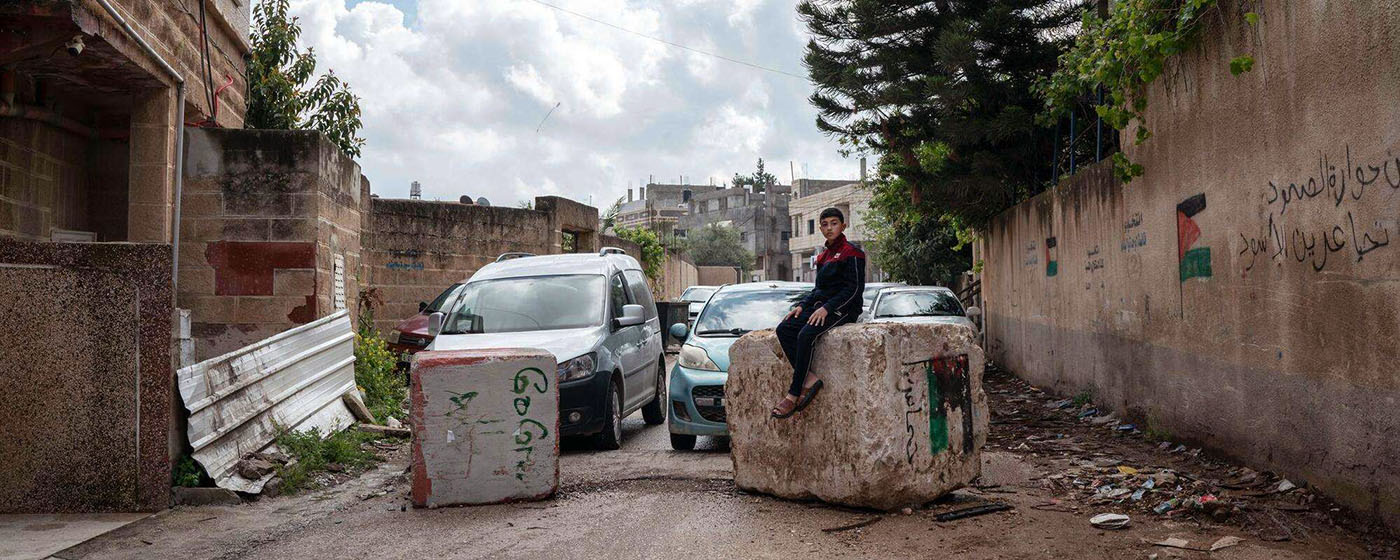A Twitter post reveals the reality on the ground these days trying to get around the West Bank.
Fadi Quran
Driving in Palestine now is more dangerous than ever.
Yesterday, I drove from Ramallah to Dura, a village near Hebron to attend the funeral of Ahed, my friend’s baby sister, who had just become a mother. She was shot by an Israeli sniper. A heartbreaking loss.
If I could use Israel’s apartheid roads designated for settlers, it would be an 80-90 minute drive, but it took me four hours.
Why?
First, we’re forced to take segregated Palestinian only roads which make it a 2.5 hour drive because of checkpoints.
But these days, it’s even worse as Israel has imposed an even more strict strangulation policy over the West Bank, which means even some of those segregated roads are blocked and there are 10 times as many checkpoints.
Taking this drive outside our village/cities of residence is extremely dangerous for three reasons:
• Settler attacks: Israeli settlers are in rampage mode, and you don’t know when you could get hit by a rock or bullet from one of their raging mobs.
• Soldiers at the end of a wrong turn: There are no signs for which “roads” are currently opened or closed for us—you have to guess or stop to ask locals every few miles. If you make a wrong turn and end up face to face with soldiers, they can shoot you, and claim you attacked them.
• Arrests for social media posts: If you’re stopped at a checkpoint, soldiers these days are taking folks’ phones and checking their WhatsApp, Telegram and Instagram. If you have a message standing in solidarity with Gaza, or anything the Israeli soldiers see as offensive, they’ll beat you to a pulp, and could even arrest you. My friend Diala, a human rights lawyer, was just arrested at one of these checkpoints this evening. We don’t know why, but it likely relates to her work and messages they found on her phone about it.
On my end, driving back at night was a nightmare, mainly because I had a friend in the car and was worried about him.
As we drove back, these historically busy streets were ghostly empty because nobody is taking the risk of driving at night unless absolutely necessary. Every turn I’d take, I’d slow down to a crawl to make sure there was no trigger happy soldier or angry settler ready to pounce.
I got lucky, for although we waited at a checkpoint for an hour, the soldiers got bored and literally opened the checkpoint for all the cars to pass without any security check—proof they’re using these checkpoints arbitrarily as collective punishment.
In Dura, I saw where Ahed was shot.
The soldiers had stormed her village as part of their intimidation tactics in the West Bank to keep people anxious. Ahed ran to her roof to warn her husband to come home. An Israeli sniper shot her in the head.
As I drove home, thinking of Ahed, her heartbroken family, the families of my friends in Gaza, all the souls we’ve lost, and how easy my life could be taken for simply driving across my ancestral lands to help my friend in her grief.
It shouldn’t have to be said, but our lives are precious. They’re beautiful. They’re equally worthy of joy and basic dignity.
I’m committed to one day being able to drive across my people’s ancestral land a free man, surrounded by my liberated people.
If Israel’s death machine is haunting us around every corner, we might as well live fighting for a life worth dying for.




